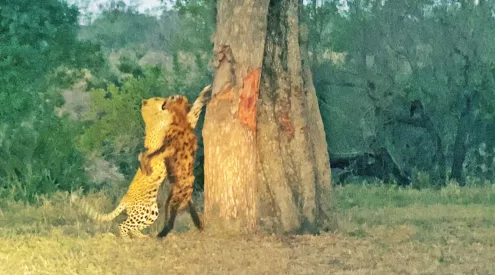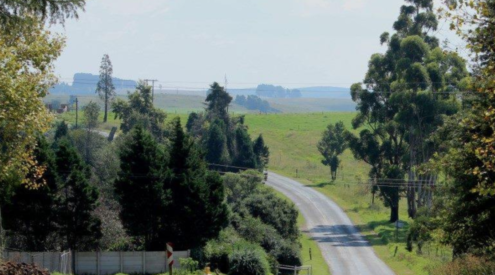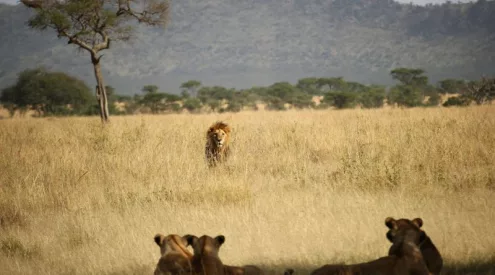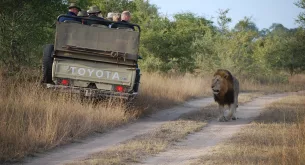While dehorning a rhinoceros is an extreme act, poaching within the KZN’s Hluhluwe iMfolozi Park is an issue that requires significant interference to resolve. In 2023, approximately 325 rhinos were lost to these horrific practices, with over 300 incidences taking place in the reserve.
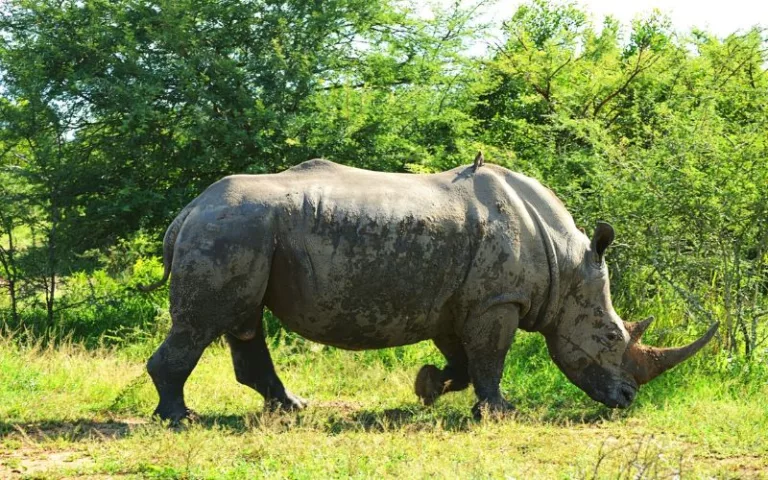
Facebook/Ezemvelo KZN Wildlife
The CEO of Ezemvelo KZN Wildlife, Sihle Mkhize, underscores the gravity of the decision to implement the dehorning strategy. He states,
“It is with a heavy heart that the organisation has decided to dehorn. Rhino dehorning goes against the grain of what we stand for, but the persistent threat posed by poachers has necessitated more drastic measures to protect our rhinos.”
Other anti-poaching installations have also been implemented to provide safety and security for rhinos within the area. This includes the investment in deploying a smart fence (also referred to as a detection fence). This system sends an alert to the control centre at Ezemvelo to ensure a rapid response when the fence has been tampered with or infiltrated.
Dehorning efforts are not new, as the Sabi Sands protected areas employed a similar project in May 2022 to protect their rhinos. These costly practices have been said to remove the “coveted prize” from this species and ultimately safeguard it from poachers.
The World Wide Fund for Nature (WWF) has provided instrumental financial support to ensure these procedures can take effect and protect rhinos from further unnecessary killings.


